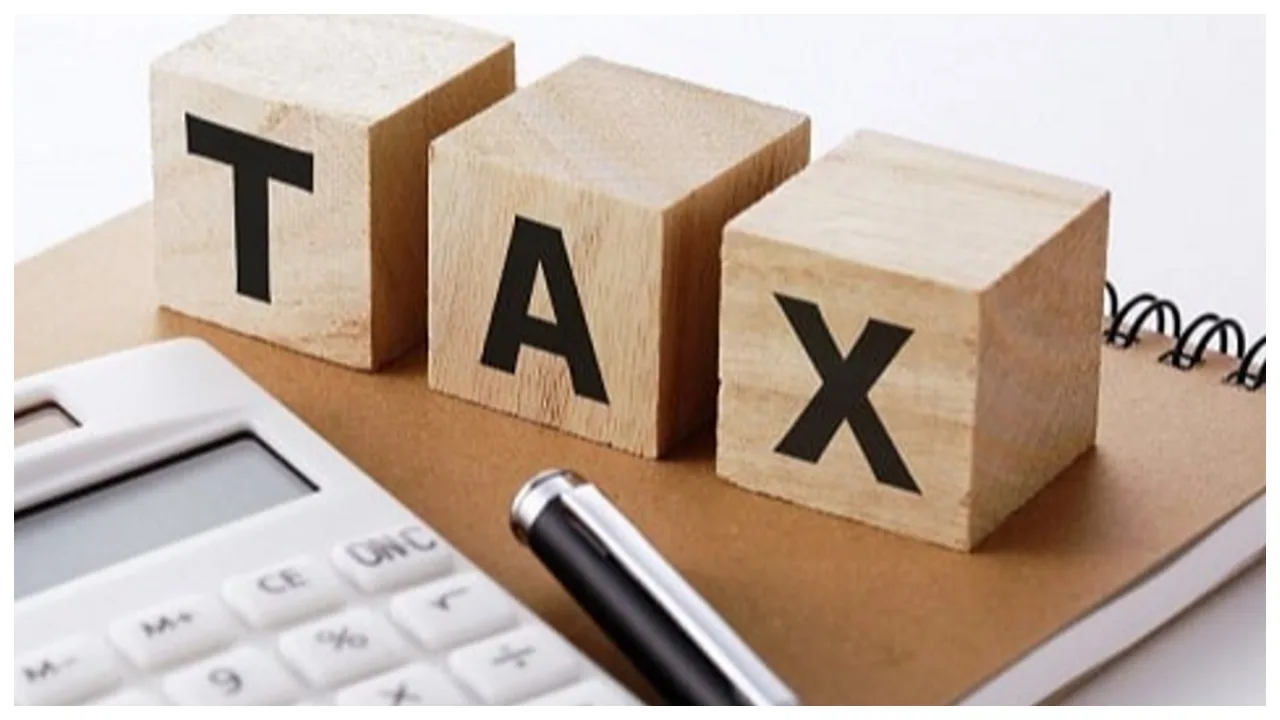Bank Account: If your income exceeds a specific threshold, it becomes compulsory for you to pay taxes. However, it’s not just your earnings; the Income Tax Department closely monitors your banking transactions as well. The process of depositing and withdrawing funds in the savings account is particularly scrutinized.
Know the RBI guidelines
The RBI has established a specific cap for depositing funds in banks. According to RBI guidelines, you are allowed to deposit up to ₹10 lakh into your savings account each year without any examination. If this threshold is surpassed, the bank promptly notifies the Income Tax Department. Consequently, you might get a notification from the department. In this instance, you will need to provide details about the origin of the deposit.
Income source clarification is must
If the account holder cannot clarify the source of the money, the Income Tax Department may collect the amount by levying a 60% tax, a 25% surcharge, and a 4% cess on it. In addition to this, the department actively tracks cash transactions. Cash transactions exceeding ₹ 2 lakh in a day are not allowed.
Some more important points to note down
- Specific regulations for cash dealings and deposits
- A PAN card is unnecessary for cash deposits of up to ₹50,000.
- A PAN card is required for deposits exceeding ₹50,000.
- In case a cash transaction of ₹2 lakh or above occurs in a day, a complete penalty may be imposed under section 269ST of the Income Tax Act.
- The Income Tax Department might carry out an inquiry if the yearly threshold surpasses ₹10 lakh.
Disclaimer : For any financial invest anywhere on your own responsibility, Times Bull will not be responsible for it.
